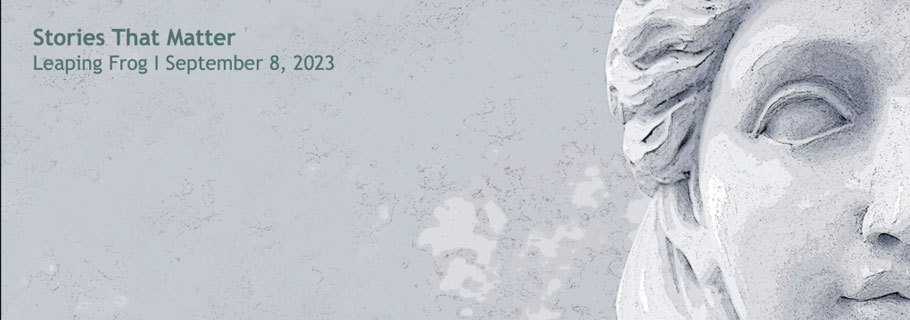
Picture Credit: https://hbr.org/2003/01/pygmalion-in-management
The myth goes like this.
The Pygmalion Effect: From Myth to Modernity
Explore the intriguing concept of the Pygmalion Effect, from its ancient mythological roots to its modern-day applications in psychology and education. Discover how beliefs and expectations can shape performance and outcomes. Pygmalion, a gifted sculptor hailing from Cyprus, became disenchanted with the perceived flaws of real women. In response, he meticulously carved an ivory statue of his ideal partner, bestowing upon it the qualities he longed for – beauty, grace, and virtue. As his creation took form, Pygmalion’s affection for it deepened. He spoke to it, caressed it, and adorned it with tokens of his devotion.
His feelings grew so intense that he implored the goddess Aphrodite to breathe life into his beloved statue. Touched by his unwavering love, Aphrodite granted his plea. Upon his return to his studio, Pygmalion was astounded to find the once-immobile statue now a living, breathing woman. He named her Galatea, and they joined in matrimony, living out their days in happiness.
Fast forward 1960s. Two researchers, Robert Rosenthal and Lenore Jacobson, conducted a groundbreaking experiment in a California elementary school. They aimed to uncover the profound impact of expectations on human performance, a phenomenon now known as the “Rosenthal effect” or the “Pygmalion effect.”
They began by administering IQ tests to all students at the start of the school year, keeping the results hidden from the teachers. However, the twist lay in what came next. The researchers randomly selected 20% of the students and told teachers that these students were “bloomers,” showing exceptional potential on the IQ test. The catch? The selection was entirely random and unrelated to the student’s IQ scores.
Unknown to the teachers, this seed of expectation led them to treat the “bloomers” differently. They provided more attention, encouragement, and challenging assignments, driven by the belief that these students possessed untapped potential.
As the school year unfolded, something extraordinary occurred. The students labelled as “bloomers” exhibited remarkable growth in their academic performance, showing significant improvements in their IQ scores compared to their peers. The experiment laid bare the power of expectations: these students achieved more simply because they were believed to be capable of it.
The Rosenthal and Pygmalion effects underscore a fundamental truth: what we believe about others can shape their destinies. Whether in education or the workplace, the influence of our expectations on human behaviour and performance is a powerful force that deserves our attention and understanding.
The Pygmalion Effect and employee engagement are intricately linked, highlighting the crucial roles of leadership and organisational culture. When leaders believe in their employees and set high expectations, it fosters a culture of excellence. This positivity is reinforced when organisations provide resources and support, fueling employee engagement.
Offering growth opportunities empowers employees, making work a platform for personal and professional development. Regular feedback, encompassing acknowledgement and guidance, helps align employees with organisational goals.
A positive, inclusive culture amplifies these effects, boosting confidence, motivation, and dedication.
The Pygmalion Effect significantly influences employee engagement. By leveraging this psychological phenomenon with high expectations and robust support, organisations create an environment where employees are engaged and competent, contributing to overall success.
“Stories That Matter” is a curated series from Leaping Frog, about stories from the yesteryears that have helped shape the modern-day practices in the people and organisation domain.
Leaping Frog, a new-age consulting firm, is an enabler and co-creator in enhancing people and organisational effectiveness. We love doing work in the areas of “Driving Organisational Change and Development”, “HR Systems and Talent Strategy”, and “Leadership and Life Coaching”.
Connect and share, for work and more.
Mail: comm@leapingfrog.in
Website: www.leapingfrog.in
Follow Us: https://www.linkedin.com/company/theleaping-frog/




